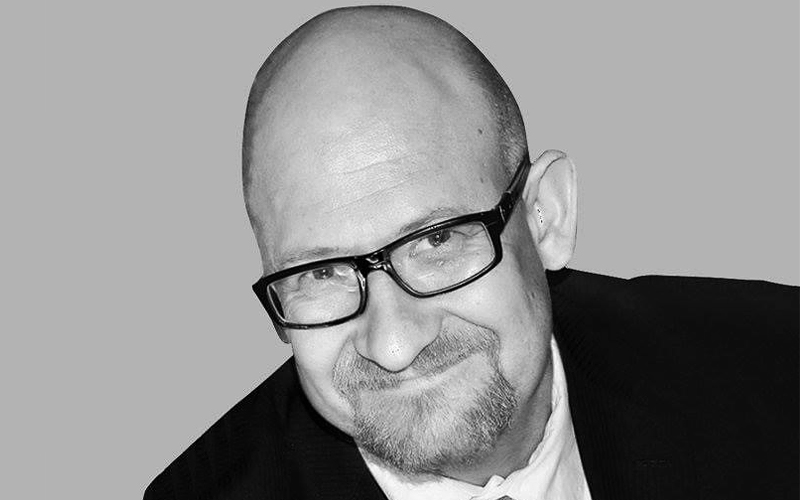
What is functional neurological disorder?
Functional Neurological Disorder (FND) is a brain network disorder common condition not many people have heard of. This disorder can present in a variety of symptoms including psychogenic non epileptic seizures, limb weakness, sensory changes, paralysis, walking difficulties and spasms to name a few.
How many people are affected?
FNDHope estimates between 50,000-100,000 adults and up to 20,000 children under the age of 16 live with FND in the UK.
Are there any causes/triggers?
The exact cause of FND is unknown, but it seems that there is a problem with the brain’s sending and receiving information to parts of the body. Causes/triggers can differ from person to person, so no ‘one fix will fix all’ option is available.
What are the signs/symptoms?
There can be a variety of symptoms e.g. movement/sensory disturbances, e.g. symptoms can look like MS, Parkinson’s and Epilepsy. It is not a heterogeneous group, thus symptoms can vary, as there can be several symptoms, but others may have just one symptom.
How much impact does it have on people’s lives?
Patients have to deal with the stigma of not having a clear diagnosis, because it can affect movement e.g. tremors, repetitive movements / abnormal postures, tics, speech difficulties, problems with seeing or hearing, pain, numbness. However, it has a significant effect on a person’s life that creates significant distress.
Does FND present alongside any other conditions?
FND can be comorbid with fatigue, cognitive symptoms, psychiatric disorders, motor disorders etc.
How is it diagnosed?
It is a challenge to make the diagnosis because there is not a test to confirm a diagnosis of FND. It is common practice for a doctor to evaluate the patient first, look at the medical and family history to rule out any other condition that may cause the symptoms. A psychiatrist, neurologist or psychologist may test further to try and identify patterns of symptoms to arrive at a diagnosis. This can include physical examinations, neurological tests, and psychiatric exams, psychological tests as well as imaging scans.
How is it treated?
Treatment for FND can include medication, physical, speech, and occupational therapy, and psychological interventions as well as rehabilitation.
Additional information about Functional Neurological Disorder can be found on the FND Action website.